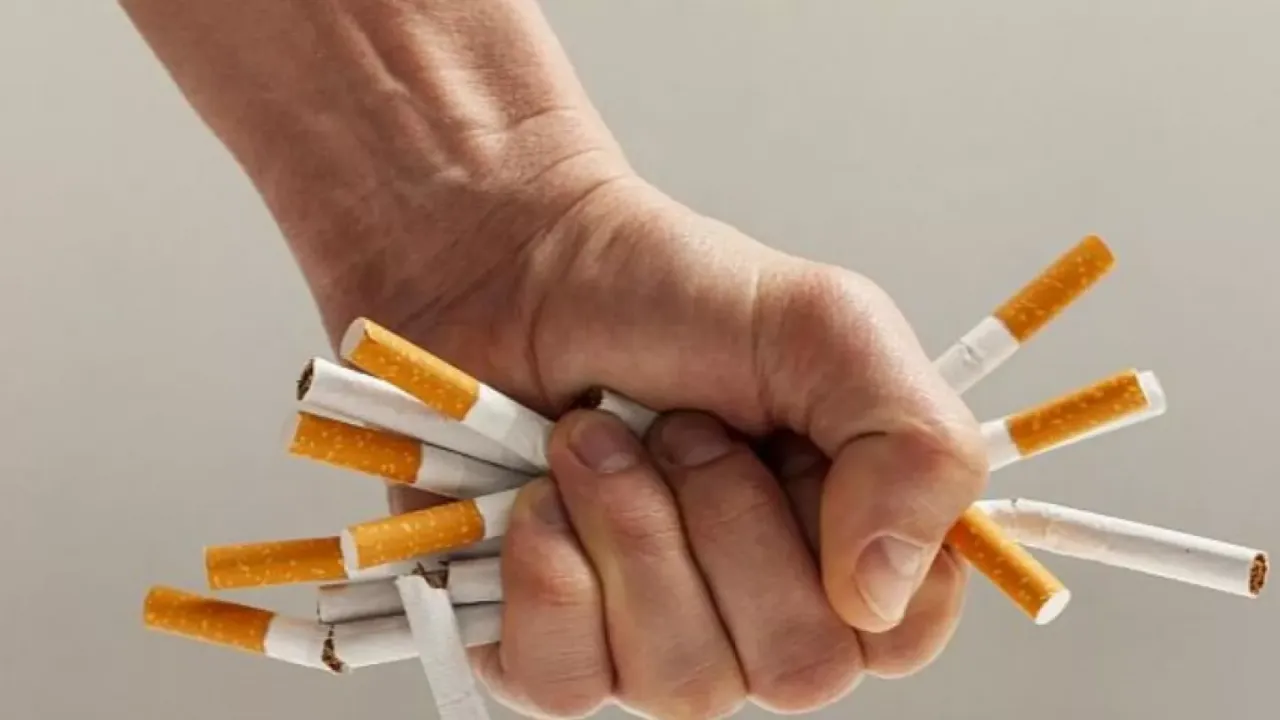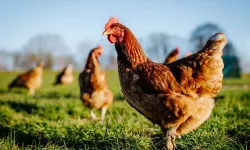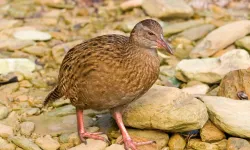The government plans to ban the sale of cigarettes to those born after January 1, 2009, as part of an initiative to create a "smoke-free generation".
If the law passes in its current form, children who turn 15 this year will be unable to buy cigarettes for the rest of their lives. However, the law has also caused controversy within the ruling Conservative Party. Some Conservative MPs told the BBC that they would not support the legislation.
The ruling party emphasizes that MPs will be free to vote as they wish during the parliamentary vote. However, the law is expected to pass with the votes of the main opposition Labor Party and Liberal Democratic Party MPs. The law does not include a ban on smoking, but on the sale of cigarette products.
Tobacco use is the leading cause of preventable death in the UK. Around two-thirds of long-term users die, amounting to 80,000 deaths a year. Almost one person is admitted to hospital every minute for smoking-related causes such as heart attacks, strokes and lung cancer.
Health Minister Victoria Atkins argued that the law would save thousands of lives and reduce pressure on the health system in England.
"The truth is there is no safe level of tobacco use. It is really harmful and that is why we are taking this step today to protect future generations."
The law gives the authorities the power to impose a £100 fine on supermarkets found to be selling tobacco or electronic cigarettes to children. The revenue from these fines will be used to tighten the operation of the law.
The law also aims to make electronic cigarettes less attractive. Accordingly, new restrictions on flavors, packaging and sales are also introduced.
Studies show that one in five children under the age of 18 have tried electronic cigarettes, despite the ban. The number of children who have tried e-cigarettes has tripled in the last three years.
What will happen in today's session?
The vote in the House of Commons on Tuesday will give MPs the chance to debate the issue for the second time. With the support of Labour and Liberal Democrat MPs, the ban is certain to become law by the end of this year.
Among the ruling Conservatives, some MPs oppose this law on the grounds that it "won't work". Former Prime Minister Boris Johnson, on the other hand, chose to use the term "insane" for the law.
Liz Truss, who succeeded Johnson as prime minister and became the country's shortest serving prime minister, argued that the law was against "freedom".
The ruling party left its MPs free to vote. However, it is thought that Prime Minister Sunak's policy could face serious opposition from within the party.
















